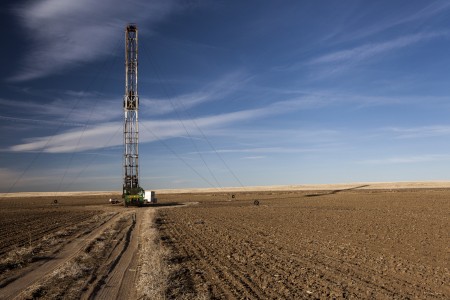Originally posted on FuelFix.com
When done properly, extraction of natural resources from federal land has helped develop the economy while at the same time providing valuable income to defray the costs of running the federal government. Leases are certainly not new and, according to the Bureau of Land Management (BLM), there are currently over 46,000 active leases on federal land.
The debate of drilling on public lands has incited divided discourse throughout the country. The Morning Consult, a media group focused on energy, conducted a poll with 1,811 registered voters in late 2014, found wide support for opening more land for drilling.
Over 61 percent of the respondents polled supported expanding oil exploration and production on more federal lands. The support also cut across partisan lines as supporters included 45 percent of Democrats and 64 percent of independents. Support among Republicans and Conservatives was even stronger, as nearly 74 percent endorse the continued exploration and production on public lands.
Not surprisingly, activities on federal land have not kept pace with similar development on private land. According to astudy by the U.S. Energy Information Administration (EIA), production of fossil fuels on federal lands decreased by seven percent during 2013, largely due to the fifteen percent increase in total U.S. crude oil production in 2013. This consistent growth in total U.S. production on private land reveals just how much more production could be realized from federal lands.
Many citizens are not aware that government controlled acreage amounts to nearly 40 percent of all land in the country. While the percentage of government land is relatively small in many States, in others, the percentage is much higher. In Alaska for example, government controlled land amounts to 95 percent of the entire State, the highest in the country. In Nevada, Utah, Idaho, Oregon, Arizona, Wyoming, Utah, and California, the government controls more than 50 percent of the land.
While some argue for drilling on federal lands, others argue against any growth in production at all as a part of an off-oil agenda. As well intentioned as some may be, the fact remains the U.S., and world economy will remain dependent upon fossil fuels for at least another generation. As evident by lowered energy costs, production can indeed affect the price at the pump, and that directly empowers our quality of life. Enhancing domestic and foreign policy through rational energy policies is something the vast majority of Americans expect. Let us hope Washington can decide on a commonsense approach to properly balance this important issue.






